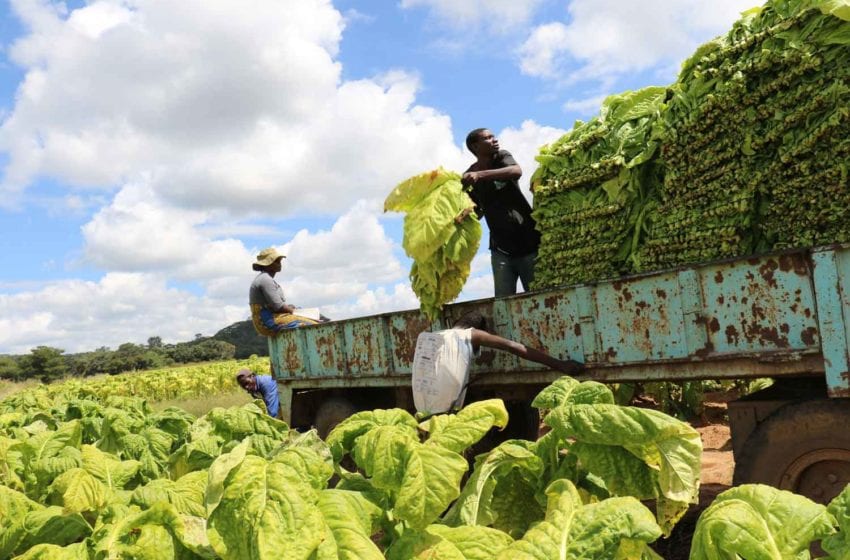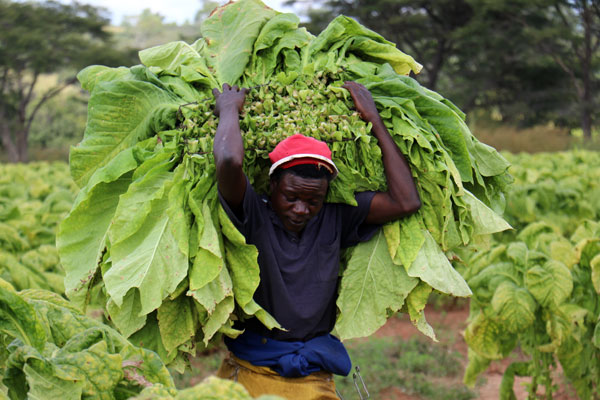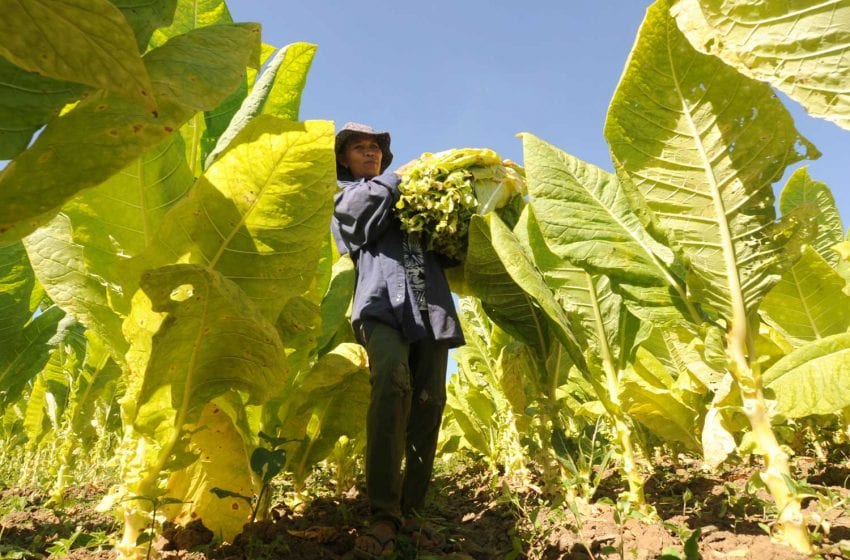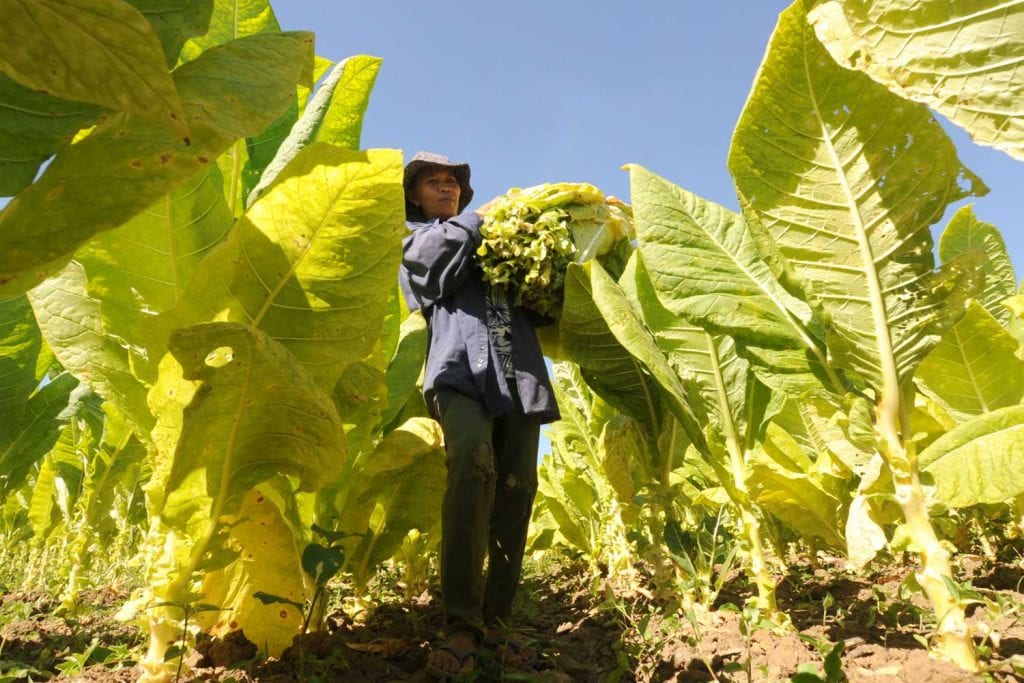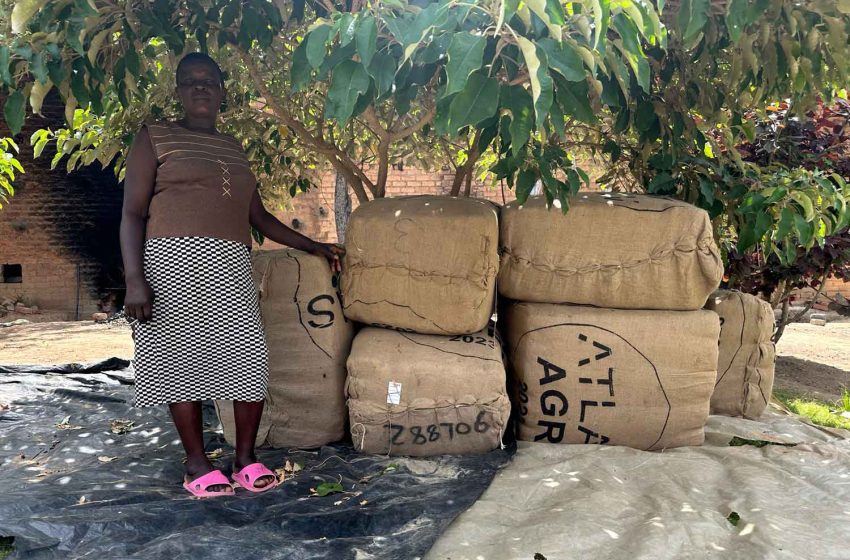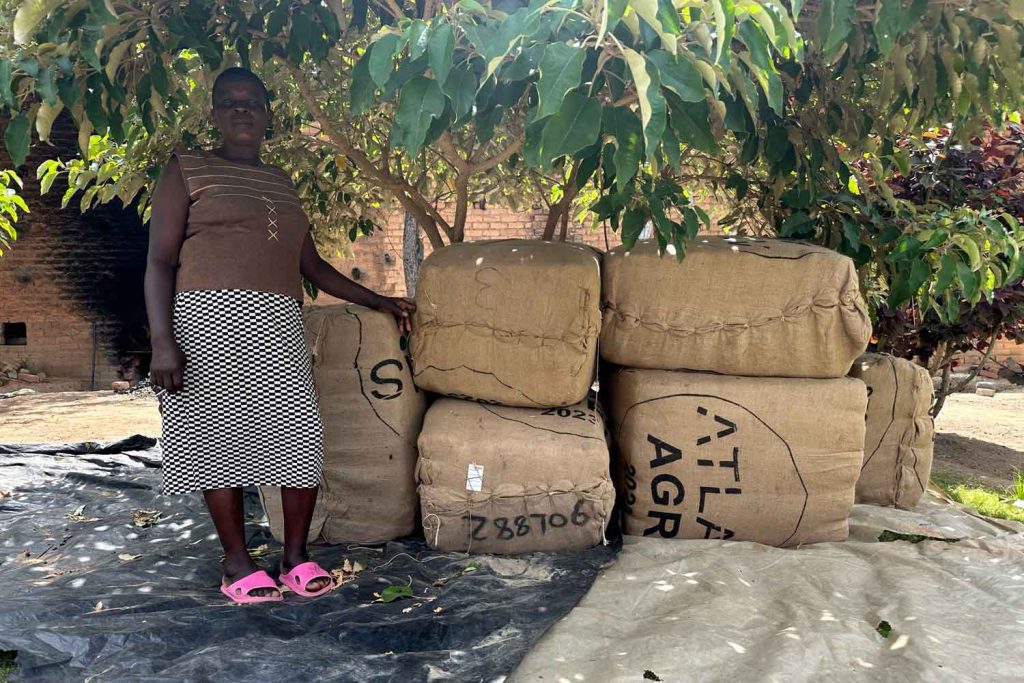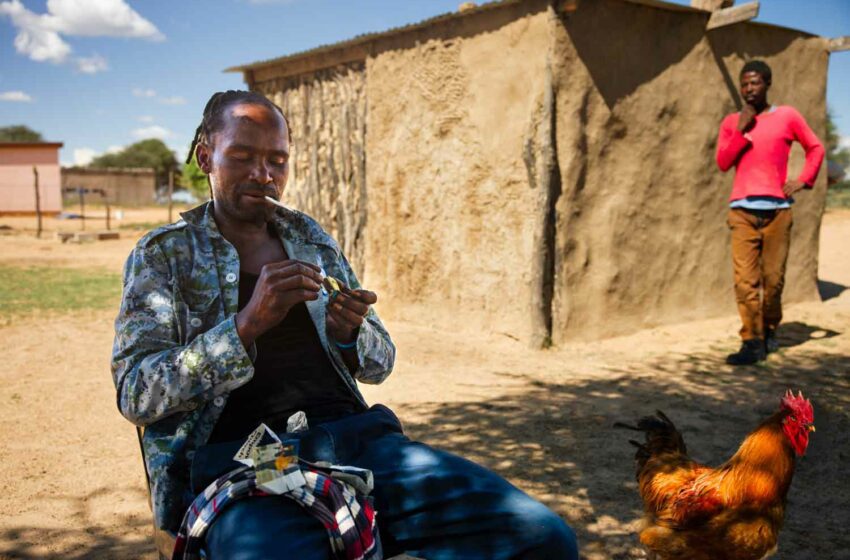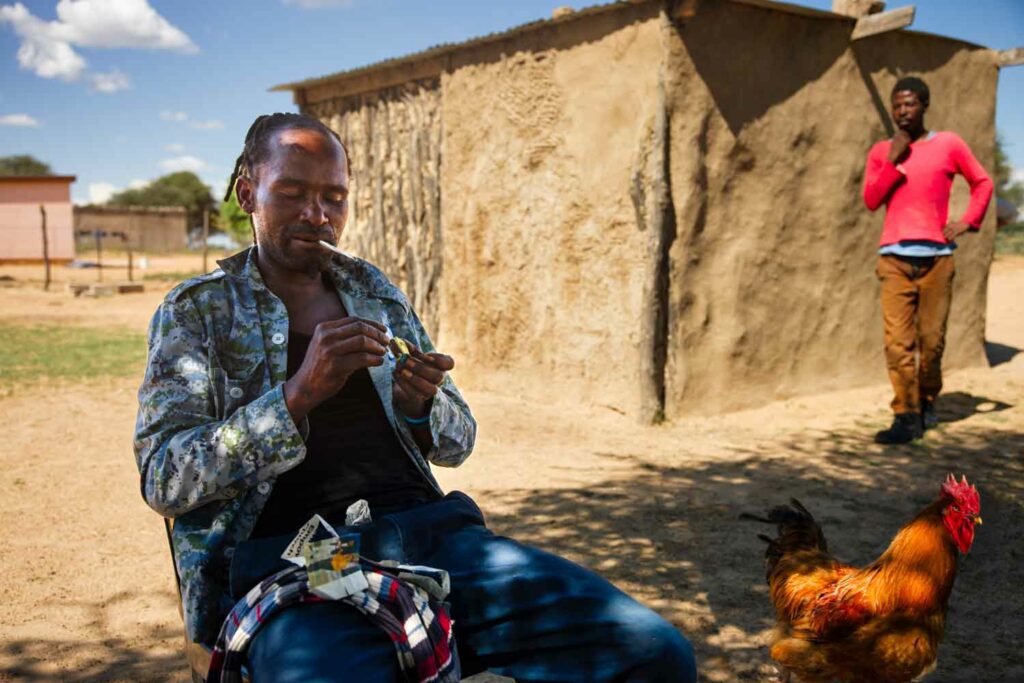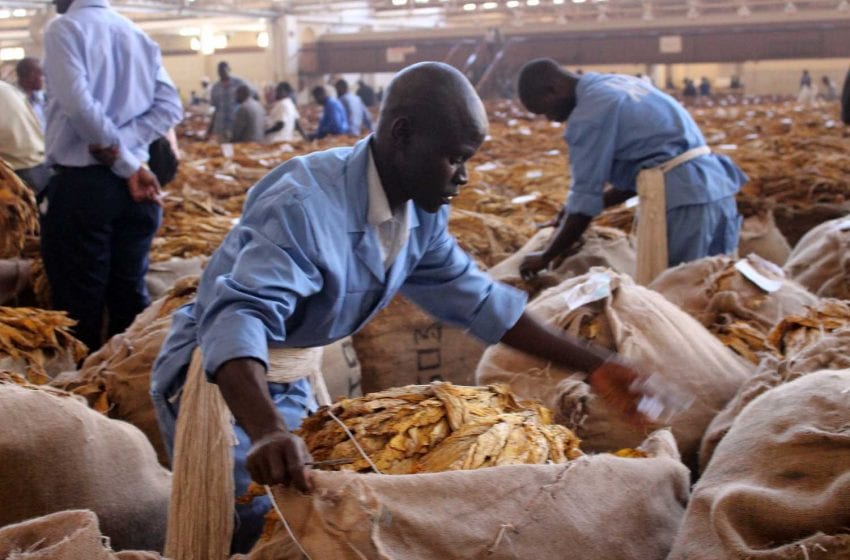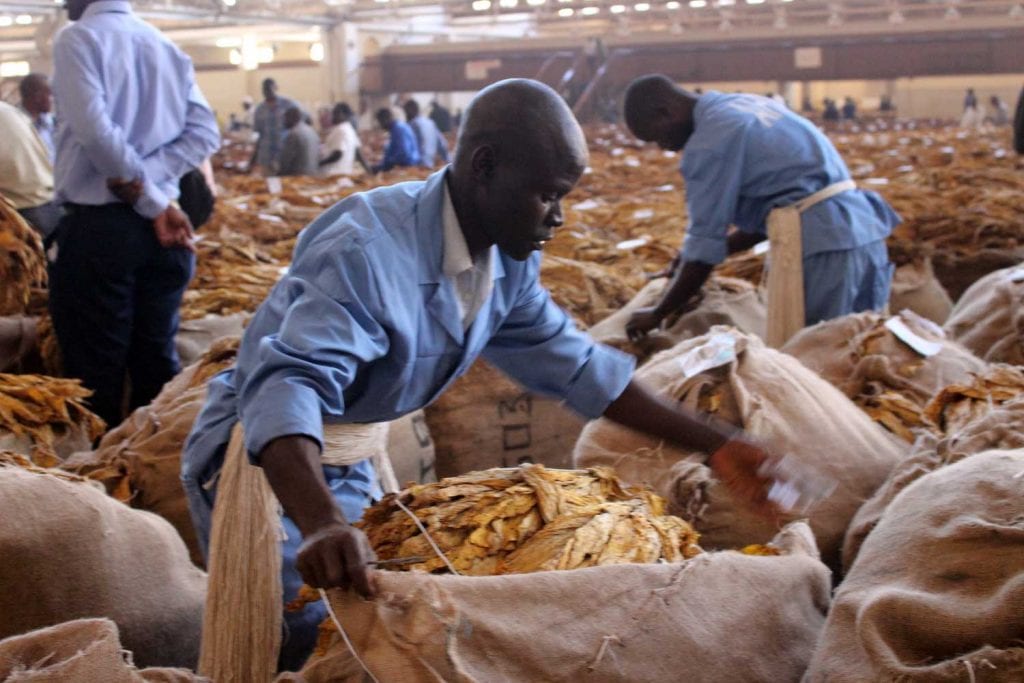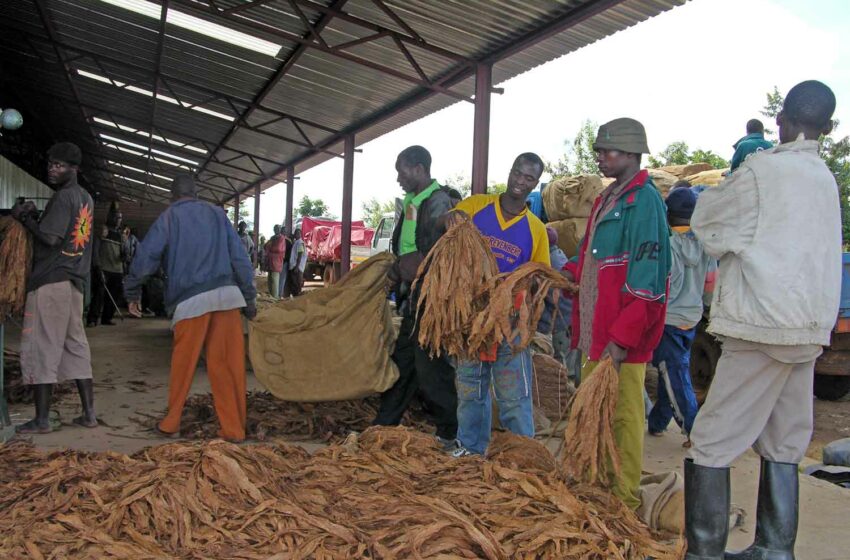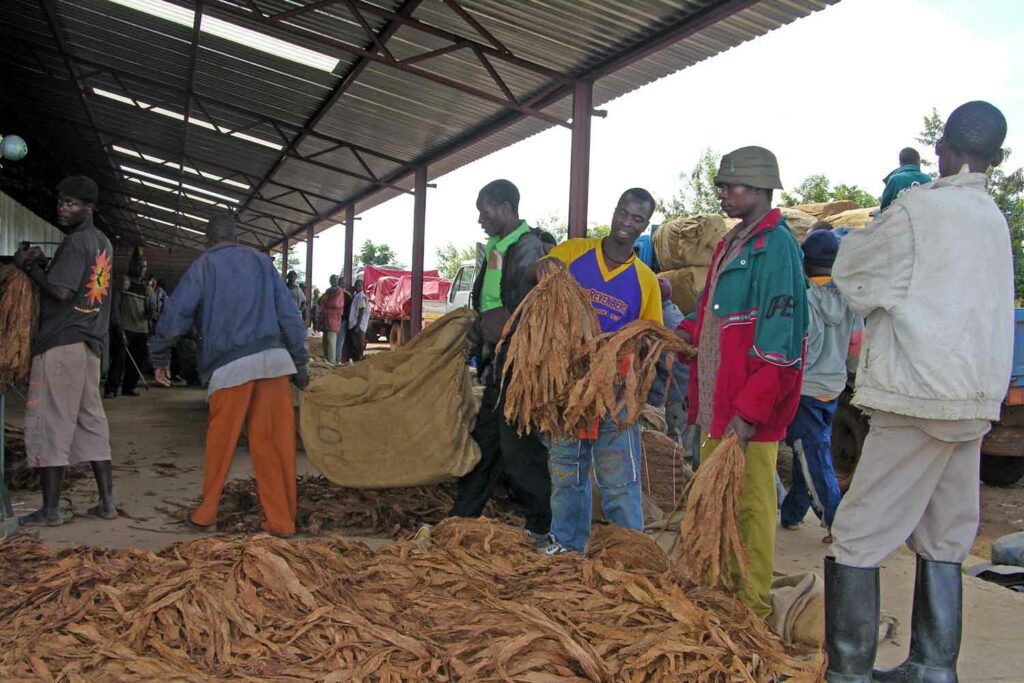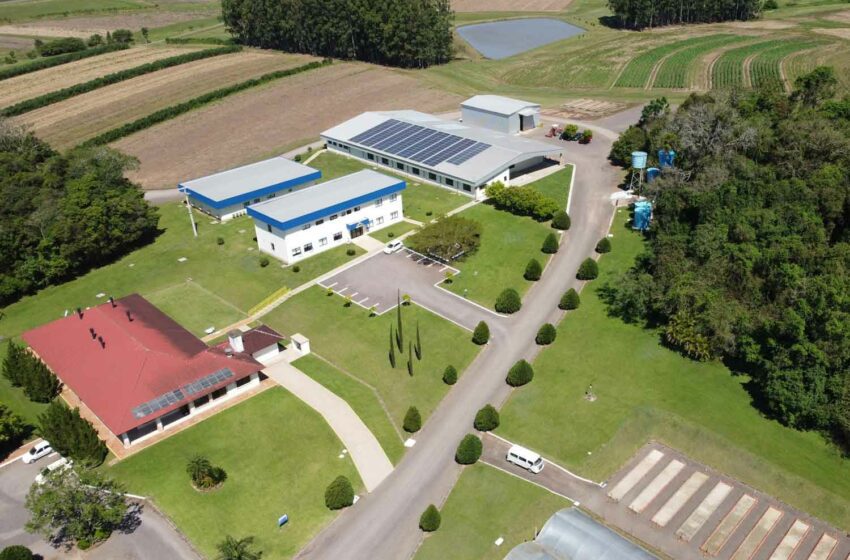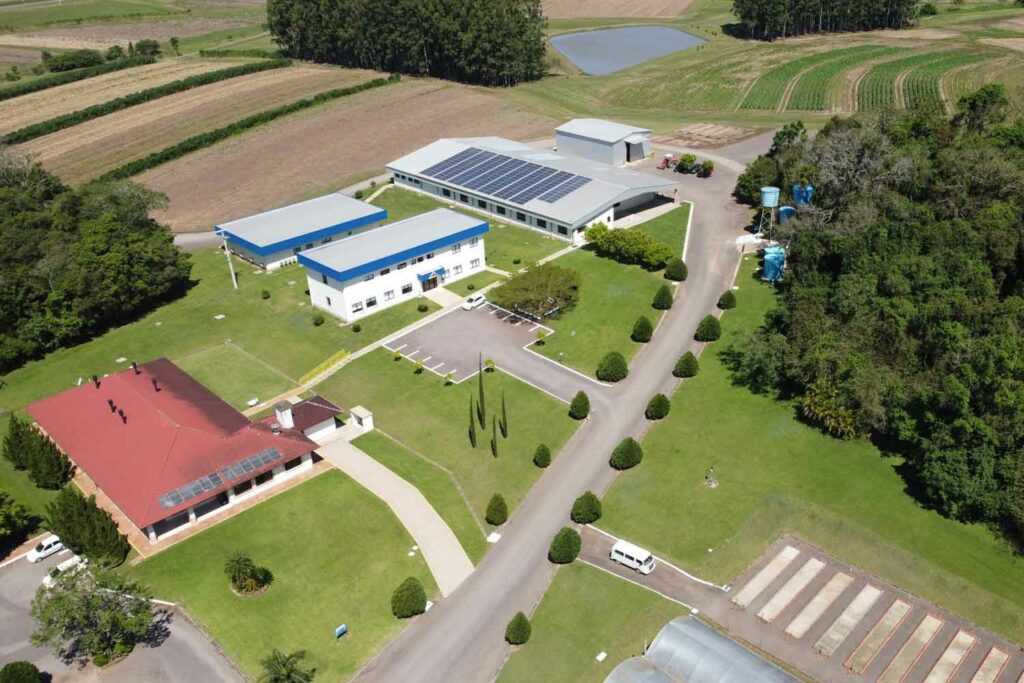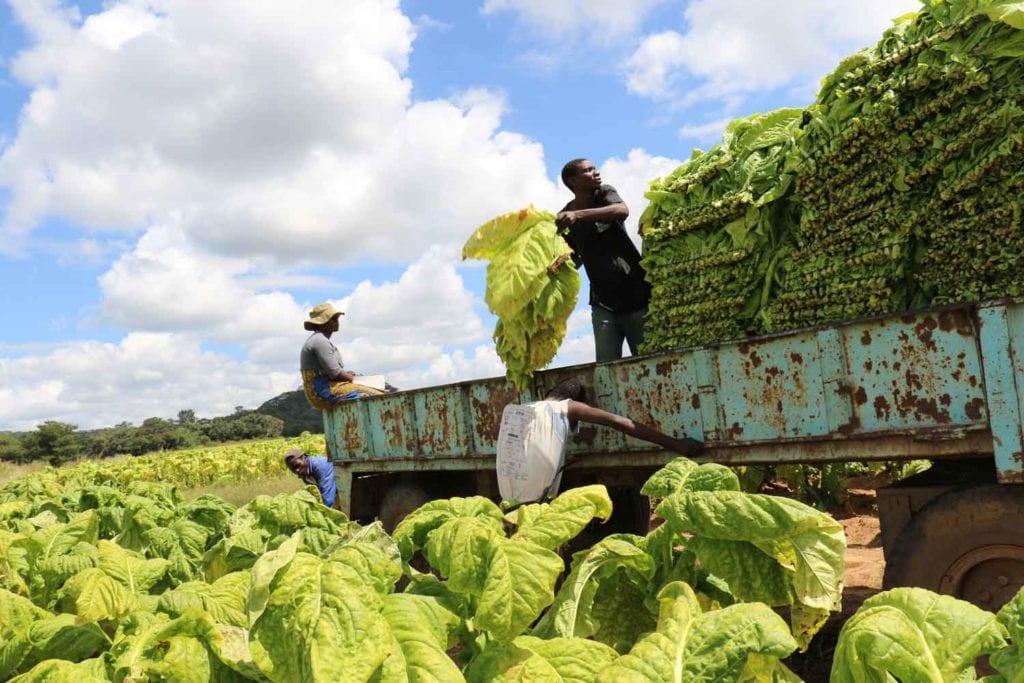
Following a 30 percent increase in tobacco export earnings to $1.3 billion in 2023, Zimbabwean tobacco farmers are pushing for increased premiums, according to The Herald.
In 2023, Zimbabwe exported tobacco products worth $1.3 billion, up from $998.1 million in 2022, according to the Zimbabwe National Statistics Agency (ZimStats). In volume, the increase was 20 percent for the same period.
“The huge gap between what ends in the farmer’s pocket and what exporters take home is a big anomaly that needs to be addressed,” said George Seremwe, chairman of the Zimbabwe Tobacco Growers Association (ZTGA). “Participation of farmers in the value addition chain needs to be enhanced by making sure they take ownership of the crop all the way to the market.”
Seremwe stated that there should be a premium price paid back to farmers after the value addition process as happened in the past. He also argued for a model that rewards farmers in terms of export earnings.
“We used to have export retention schemes from the Reserve Bank of Zimbabwe. This needs to be revived so that the farmer gets more value from the crop,” the ZTGA chair said.
“The grower is the weakest link in this matrix and needs protection from (the) government,” said Zimbabwe Progressive Tobacco Farmers Association (ZPTFA) president Mutasa Mutandwa.
“The Tobacco Industry and Marketing Board needs to thoroughly monitor contractors as per the compliance administration framework in order to find out what inputs have been given to farmers versus the crop they are buying,” said Mutandwa.
“Our crop is fetching high prices on the international market, as it is used as a blender, but the farmer is not benefiting. There is need for massive investment in tobacco processing plants to increase exports of high-priced manufactured products,” explained the ZPTFA president.
The Tobacco Value Chain Transformation Plan aims to increase value addition from 2 percent to 30 percent by 2025 to reach a $5 billion tobacco industry.
“The price at the floors can only be enhanced by improving the quality of the leaf as buyers prefer clean and clear styles,” said Shadreck Makombe, president of the Zimbabwe Commercial Farmers Union. “There is need to have more investment in processing to enhance value addition.”

